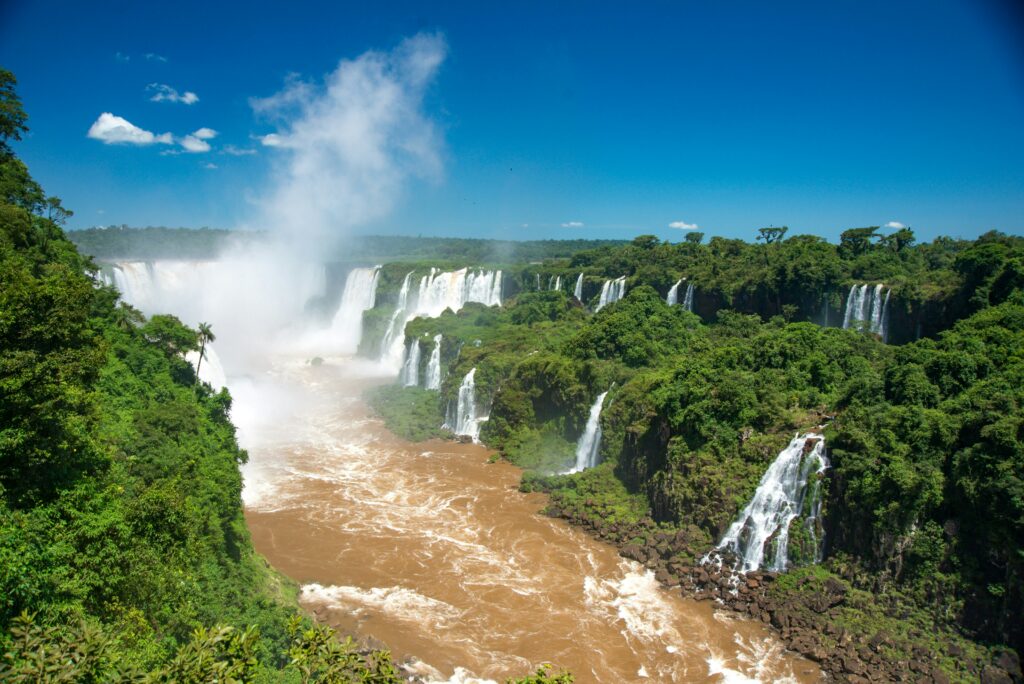SPAN 485 Nature in the New World (taught in Spanish)
“Nature in the New World” explores how the geography, flora and fauna of the “New World” inspire and challenge the imagination through discussion of a wide range of cultural production in/about Latin America from the precolonial period to the present day. We will consider the ways in which nature and natural history figure in the geographical, commercial and cultural expansion of the global sixteenth and seventeenth centuries, with particular attention to the encounter of Amerindian and European views of nature in the colonial period. We will examine the role that enlightened science (measurement, collection, taxonomy) plays in eighteenth-century debates about nature and explore how Latin America functions as a laboratory for the production of knowledge. We will consider nineteenth-century polemics regarding civilización y barbarie, as well as early twentieth century representations of the struggle between ciudad y campo in the novela de la tierra, and twenty-first century challenges for Latin American environmental sustainability. Other issues we will discuss include gendered visions of nature; the domestication of nature; Nature as utopia/dystopia/heterotopia; environmental justice through a racialized lens; nature as setting and protagonist in travel narratives; and the economics and commodification of nature, from mining to ecotourism.
